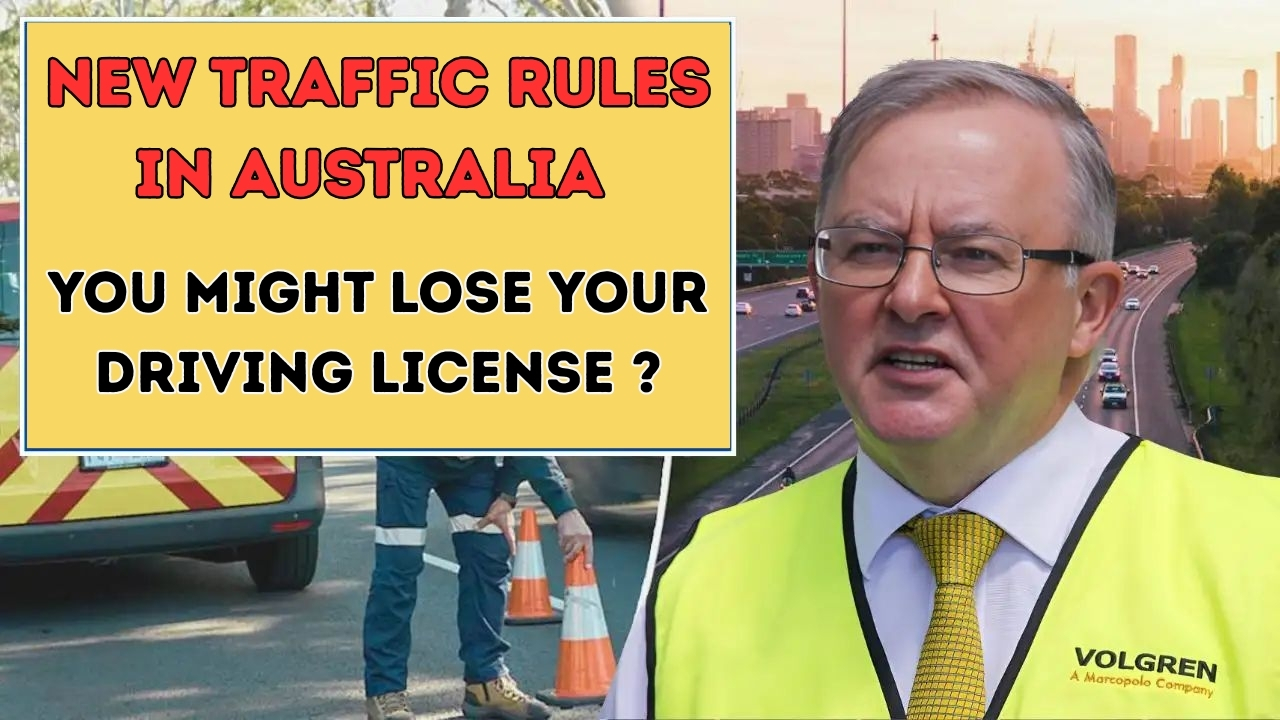Canberra – Changes made to Australian driving policies have attracted widespread debate because they impose new restrictions on the elderly. Authorities defend the new policies will enhance safety, but others say they disproportionately curb the freedom of the elderly.
No More Driving After Sunset
Elderly people will no longer qualify to operate a motor vehicle after a set curfew. Older people have a relatively greater risk of fatigued driving, slower reaction speed, and visibility challenges, which have all been determined to be risk factors for accidents. On the other hand, road safety experts support the change. Most old people feel frustrated that they will no longer be able to visit family late-night family gatherings.
Surveillance of elderly drivers revealed they are far more likely to experience a serious collision when driving through high speed traffic zones. As a result, elderly drivers are now prohibited from driving through public highways. Many suburban and regional drivers are unhappy with the law, but need to rely on high speed highways to access basic services.Prohibition of handheld devices for the elderly, while driving, has been an existing law. However, the new laws impose more severe restrictions for the elderly that are caught with handheld devices.The authorities highlight that even short distractions become harder to recover from as reflexes slow with age. Some people believe this to be ageist while others argue that it helps maximize safety.
A Balancing Act Between Safety and Independence
Regulators say that the new rules are corrective in nature as they address the need for more preventative measures. Accident prevention is always the preset priority for any road regulator. However, the new policies have triggered some senior advocacy groups that are demanding support that include subsidized rideshare services with more private transport.
For the time being, the new policies serve as a reminder of having a safe driving environment for all drivers, while also respecting the autonomy of older Australians.



